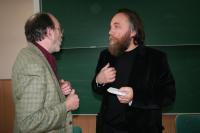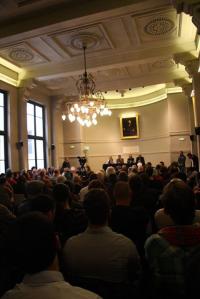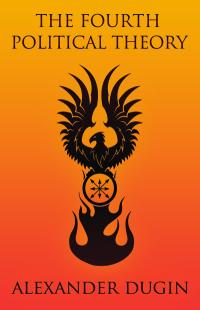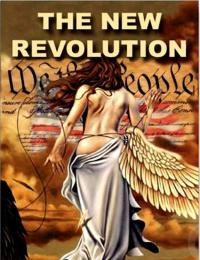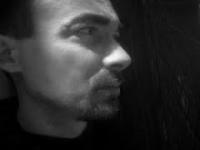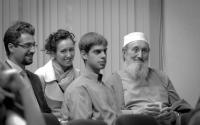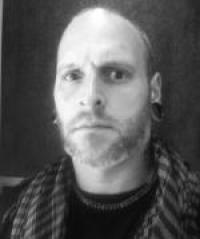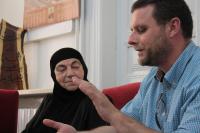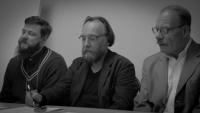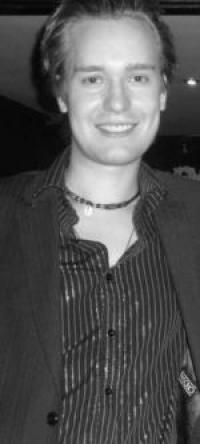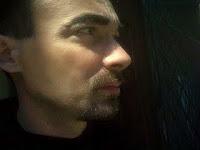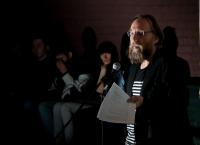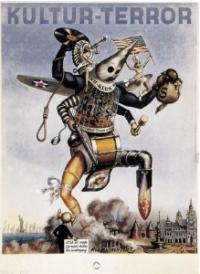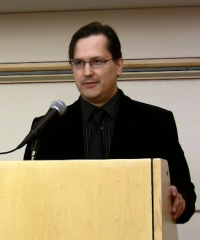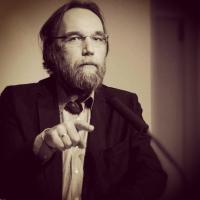On “White Nationalism” and other Potential Allies in the Global Revolution
There are different tendencies in the new generation of revolutionary, non-conformist movements in Europe (on the Right as well as the Left), and some of them have been successful in attaining high political positions in their respective countries. The crisis of the West will grow broader and deeper every day, so we should expect an increase in the power and influence of our own Eurasianist resistance movement against the present global order, which is a dictatorship by the worst elements of the Western societies.
Those from either the Right or the Left who refuse American hegemony, ultra-liberalism, strategic Atlanticism, the domination of oligarchic and cosmopolitan financial elites, individualistic anthropology and the ideology of human rights, as well as typically Western racism in all spheres – economic, cultural, ethical, moral, biological and so on – and who are ready to cooperate with Eurasian forces in defending multipolarity, socio-economic pluralism, and a dialogue among civilizations, we consider to be allies and friends.

